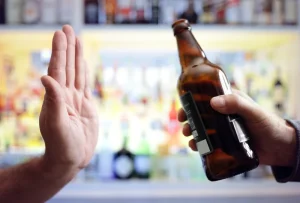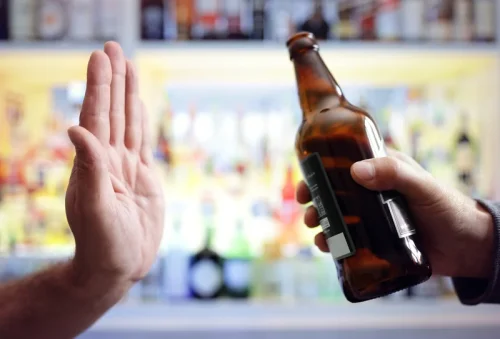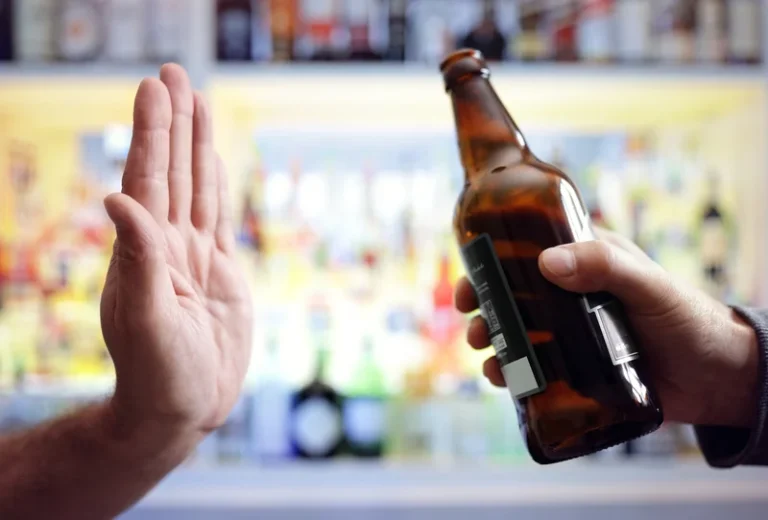
This article will help you understand what cognitive behavioral therapy (CBT) is, how it works in general, how it works for addiction, types of CBT, its effectiveness, and how to find cognitive behavioral therapy in Hollywood, FL. CBT is an essential part of many evidence-based addiction treatment programs that are practiced in a variety of settings. When the insurance policy covers treatment at the relevant facility, CBT and other interventions should be covered. CBT can also be combined with contingency management (CM) therapy, where clients receive reinforcement for abstinence by getting periodic rewards for not returning to drug or alcohol use.

Can Cognitive Behavioral Therapy (CBT) Treat Alcoholism and Drug Addiction?
Because he is a member of a support group that stresses the importance of anonymity at the public level, he does not use his photograph or his real name on this website. By better understanding the difficulties that contribute to substance use, people can then look for ways to better manage difficult thoughts, emotions, or situations. Your health insurance provider may be able to cover all or part of cognitive behavioral therapy the cost of rehab.

Cognitive behavioral therapy for addiction

For example, if =https://ecosoberhouse.com/ you believe that you can’t enjoy a social event without drinking, a behavioral experiment might involve attending an event sober and observing the outcome. These experiments offer real-life evidence that challenges and gradually changes your previously held beliefs. Remember, every thought is an opportunity to steer your feelings and behaviors toward a healthier path. With practice and support, you can wield this understanding to bolster your journey to sobriety and beyond. There are various levels of addiction treatment available, and we can help you determine the best plan for you.
What Role Does Homework Play in CBT for Addiction, and Is It Mandatory?
- Understanding the linkage between thoughts, feelings, and behaviors allows you to see the power you have over your recovery process.
- However, if you are unable to cope with the symptoms you’re experiencing, or if they are interfering with your ability to function on a day-to-day basis, trauma therapy can help.
- If your insurance plan covers psychotherapy or behavioral medicine, it should cover most, if not all, CBT sessions.
- The cost of Cognitive Behavioral Therapy can vary widely depending on several factors such as location, the provider’s credentials, whether the therapy is in-person or online, and whether it is covered by insurance.
In addition, certain populations, such as pregnant women and incarcerated patients, may present particular challenges. In each of these circumstances, the use of functional analysis to arrive at strong case conceptualization and the flexibile utilization of treatment components is important. For example, among individuals with low levels of literacy, the use of written homework forms may need to be replaced by alternative means of monitoring home practice (e.g., using simplified forms or having the patient call to leave a phone message regarding completion of an assignment). CBT is one of the most researched forms of treatments, so there is an abundance of evidence and support for its use with a variety of mental conditions, including alcohol and substance use disorders. More than 53 randomized controlled trials on alcohol and drug abuse were examined to assess the outcomes of CBT treatment.

Journaling is a widely used technique in Cognitive Behavioral Therapy (CBT) for addiction. It involves keeping a written record of thoughts, emotions, and behaviors related to substance use. By regularly writing down these experiences, individuals gain insight into the underlying triggers and patterns of their addiction.
- Strategies for coping with negative affect, such as using social supports, engaging in pleasurable activities, and exercise can be introduced and rehearsed in the session.
- Rules of coverage vary depending on the insurance provider, your plan, and whether the selected therapist is in-network or not.
- A limited body of effectiveness research has been conducted examining these treatments without the stringent controls afforded by efficacy trials.
- When it comes to addiction, CBT can help you take steps to reframe your situation to avoid triggers.
- CBT integrates behavioral theories and cognitive theories to conclude that the way people perceive a situation determines their reaction more than the actual reality of the situation does.
- Others are more ambivalent, and may waver in their willingness to take part in treatment.
- Through the use of problem-solving exercises and the development of a repertoire for emotion regulation, the patient can begin to both determine and utilize non-drug use alternatives to distress.
- The therapy is unique in its approach, empowering individuals to manage problems by actively changing the way they think and behave.
AddictionResource fact-checks all the information before publishing and uses only credible and trusted sources when citing any medical data. The Verified badge on our articles is a trusted sign of the most comprehensive scientifically-based medical content.If you have any concern that our content is inaccurate or it should be updated, please let our team know at email protected. For individuals without heroin addiction insurance coverage, some community clinics, nonprofit organizations, or online platforms may offer CBT at a reduced cost or on a sliding fee scale based on income. Additionally, some therapists may offer flexible payment plans to accommodate financial constraints. CBT helps patients reframe distorted thoughts and develop healthier coping mechanisms, reducing the urge to self-medicate.
- For example, cognitive therapy can be woven into a comprehensive program in which patients (for example) take suboxone, and also attend 12SF meetings.
- It’s important to note that CBT is delivered in different formats, including individual therapy, group therapy, or self-help materials.
- Similar to cognitive restructuring techniques, evaluating evidence for expectancies and designing behavioral experiments can be used to target this issue.
- To learn more about online therapy, explore your options here to see what methods are available.
This technique involves identifying the triggers, thoughts, emotions, and behaviors that contribute to addictive behavior. It helps individuals understand the function or purpose of their addiction and identify patterns that lead to substance abuse. Cognitive Behavioral Therapy (CBT) techniques are highly effective in addressing addiction and substance abuse issues. Studies have shown that CBT can be effective for people dealing with depression and anxiety disorders, and when talking about substance use disorders, research indicates that CBT can reduce relapse rates by 50% or more compared to classical approaches.
It encourages the application of newly learned skills to real-life challenges, promoting sustained recovery. According to a study written by Marlatt, G.A., & Donovan, D.M., 2005 in the Journal of Substance Abuse Treatment, individuals who undergo CBT show lower relapse rates compared to those who do not receive such structured intervention. This comprehensive approach ensures that individuals are well-prepared to maintain their sobriety in the long term.

This technique involves using visualization exercises to practice coping with cravings and high-risk situations. It helps individuals develop effective strategies and build confidence in their ability to resist substance use. Cognitive Behavioral Therapy is particularly useful in treating substance abuse because it addresses underlying cognitive and behavioral patterns that contribute to addiction. Cognitive Behavioral Therapy is a structured, evidence-based approach that consistently demonstrates effectiveness across a wide range of mental health conditions. This therapeutic approach involves structured, goal-oriented sessions where patients learn to recognize and address their unhelpful thinking styles.
